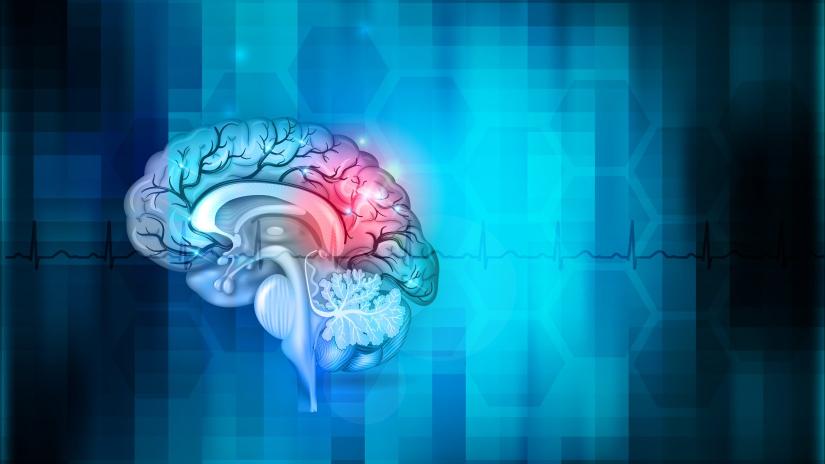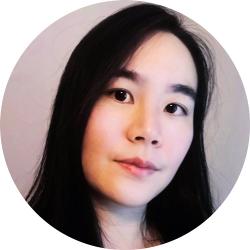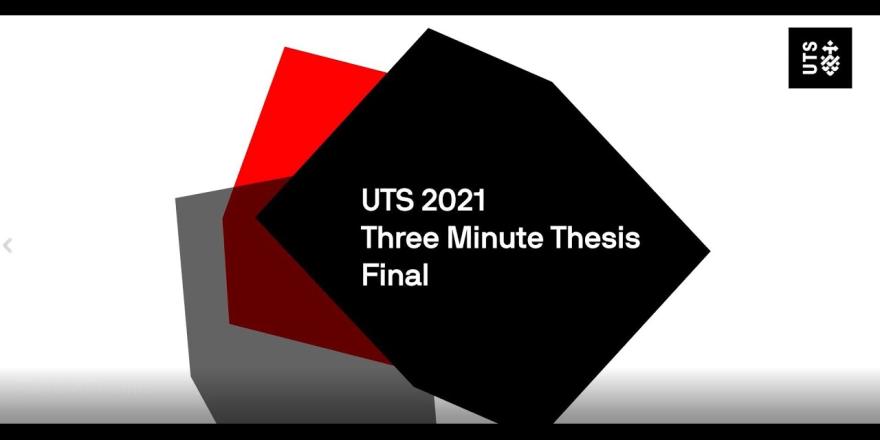Isolation is a major issue for those living with acquired brain injury. Doctoral student and speech pathologist Melissa Miao is tackling this issue in more ways than one.
Australian boxer Ben McCulloch felt "fundamentally different" following a knockout loss to Russian Fedor Chudinov in Moscow in 2014.
The fight ended the promising career of the 32-year-old super-middleweight champion who had been previously unbeaten for a string of 14 fights – 11 won by knockout and three by referee's decision.
After receiving what was described as "a crunching right-hand" from the Russian boxer, he laid face down on the canvas for several minutes and required medical help before walking out of the ring.
These days, Ben McCulloch leads a very different life.
Living with a brain injury, he is a collaborator with PhD student and speech pathologist Melissa Miao in a project to help adults with acquired brain injury, their families and friends to manage communication breakdown.
"If I had to characterise brain injury in one word, it would be 'isolation'," says Ben.
People with brain injury often appear superficially 'fine' with no head wounds or disfigurement, whereas in reality I lost the majority of my personality and capacity to relate to people for over half a decade.
Engaging people with lived experience of brain injury
The observation is important for two reasons.
First, because it goes to the heart of the Social Brain Toolkit (opens external site), a suite of three online communication training interventions being developed in partnership between UTS, the University of Sydney, changineers, icare NSW and Brain Injury Australia to address this invisible disability.
Second, it speaks to one of the radical hallmarks of this research – the inclusion of people with lived experience of brain injury every step of the way. That means their inclusion in the authorship of journal articles, and continuously receiving their input, from project inception down to the colour of the toolkit's logo.
Monica Welsh, a clinician co-authoring this research, says the work broke down barriers between users and researchers unlike anything she had seen before.
For Melissa, "The most exciting part of the research is this collaboration to ensure it meets the needs of end-users. It's a shift in and a sharing of power from researchers to those with experiential knowledge," she says.
"They give us new insights we could otherwise never have known."
What is the Social Brain Toolkit?
A suite of online interventions to support people with brain injury to communicate more effectively, whether face-to-face or online.
interact-ABI-lity (opens external site): a short online course to help family, friends or professionals have more positive interactions with people with a brain injury.
social-ABI-lity (opens external site): a short online course to help people with brain injury use social media safely and successfully.
convers-ABI-lity: an online platform for people with brain injury and their communication partners to complete a conversation skills training program together, supported by a speech pathologist.
Visit the Social Brain Toolkit website (opens external site) to learn more about the program.
Real-world interventions
Melissa's UTS 3‑Minute Thesis Competition win
In the video presentation [opens external link] that saw her win the UTS 3-Minute Thesis Competition, Melissa makes the analogy with 'desire paths'.
These are trails worn into the landscape by people who ignore existing, authorised paths because they don't take them the way they need to go.
The analogy is true for too much in healthcare.
"You can make a path, but if non-one uses it, then there's not much point," Melissa says.
"Making an intervention, even if it works, is not enough. Most online interventions completely disappear because they are not fit for the end user in a real-world setting.
"This may be for a wide range of reasons, such as how much it changed a clinical workflow, how much it costs, how accessible the information is to the audience or what confidence they have that they will benefit."
The challenge, she says, is not just whether the treatment works, but whether those who need it can get it.
"Desire paths are actually a dialogue between the users and designers of a city. They tell urban planners: 'This is where we want to go and how we want to get there.'
My aim is to find out what these needs are, and how we might address them right from the design stage, because this could enable people with brain injury and their families to receive this essential healthcare.
Melissa used a framework in implementation science called the "NASSS", which stands for "Non-adoption, Abandonment, Scale-up, Spread and Sustainability", and lists key implementation challenges in digital healthcare.
She translated each implementation challenge from the framework into short, captioned videos in plain English, to create an accessible survey for stakeholders.
They were then able to rank the most important aspects that needed further research – their 'desire paths'.
"They become the decision-makers on research priorities, rather than us as academics," says Melissa. "People say academics sit in an ivory tower where they are out of touch."
But with the input of people with lived experience helping developers address each implementation challenge, the first of three treatments in the Social Brain Toolkit – interact-ABI-lity (opens external site, the ABI stands for 'acquired brain injury') – has already been used in 29 countries.
"Our hope is that by sharing our methods, we will inspire and encourage others to do the same and include end users in the research and design process," Melissa says.
Read the research: Digital Health Implementation Strategies Coproduced With Adults With Acquired Brain Injury, Their Close Others, and Clinicians: Mixed Methods Study With Collaborative Autoethnography and Network Analysis (opens external site)
A different perspective
Alex Salomon, another collaborator with lived experience of brain injury, says his inclusion in the project provided him with the opportunity to make a contribution to a worthwhile project, and improve his self-esteem.
For Melissa, collaborating with people living with acquired brain injury and their family and friends was a dream come true.
It is the part of this research that I feel most passionate about, and it has been even more rewarding than I hoped.
"They are the touchstone for me of what matters, and they have given me a completely different perspective on everything I do," she says.
"It has been the most inspiring and humbling experience to learn from them."
For more information on the program, visit the Social Brain Toolkit website (opens external site).
Melissa is supported by an Australian National Health and Medical Research Council (NHMRC) Postgraduate (PhD) Scholarship Grant [GNT1191284] and Australian Research Training Program (RTP) Scholarship. Her research is also funded by the University of Technology Sydney (UTS) Centre for Social Justice and Inclusion, the UTS Faculty of Health, and the UTS Centre for Carer’s Research through the New South Wales (NSW) Department of Communities and Justice. The development of the Social Brain Toolkit was funded by icare NSW.
-
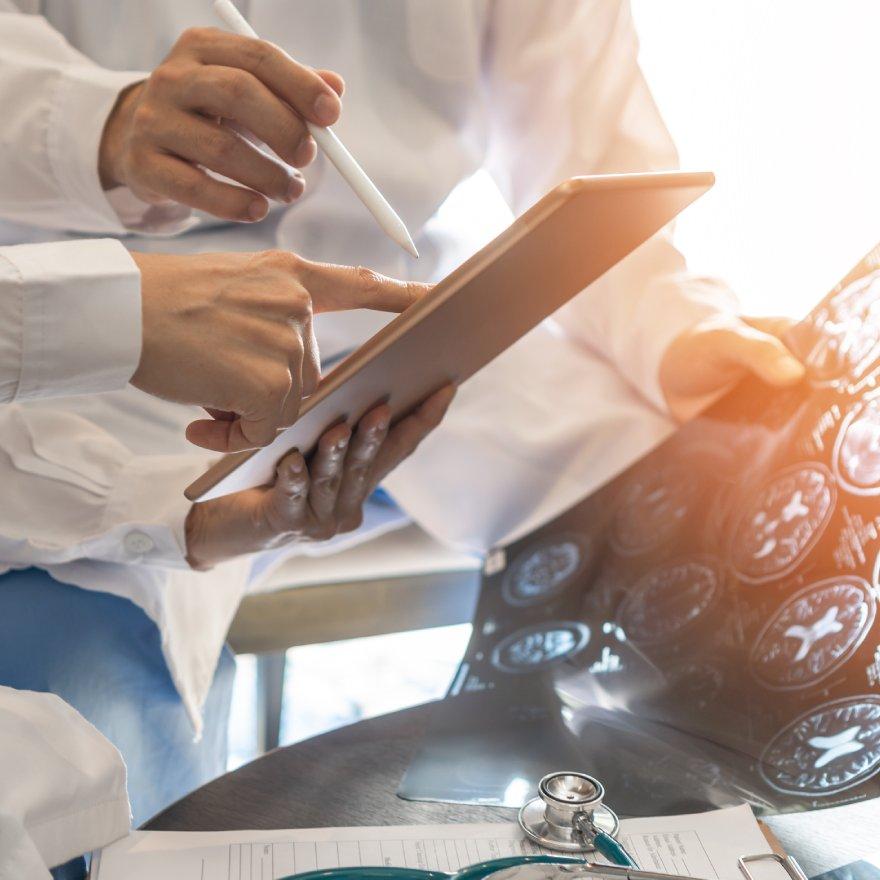
-
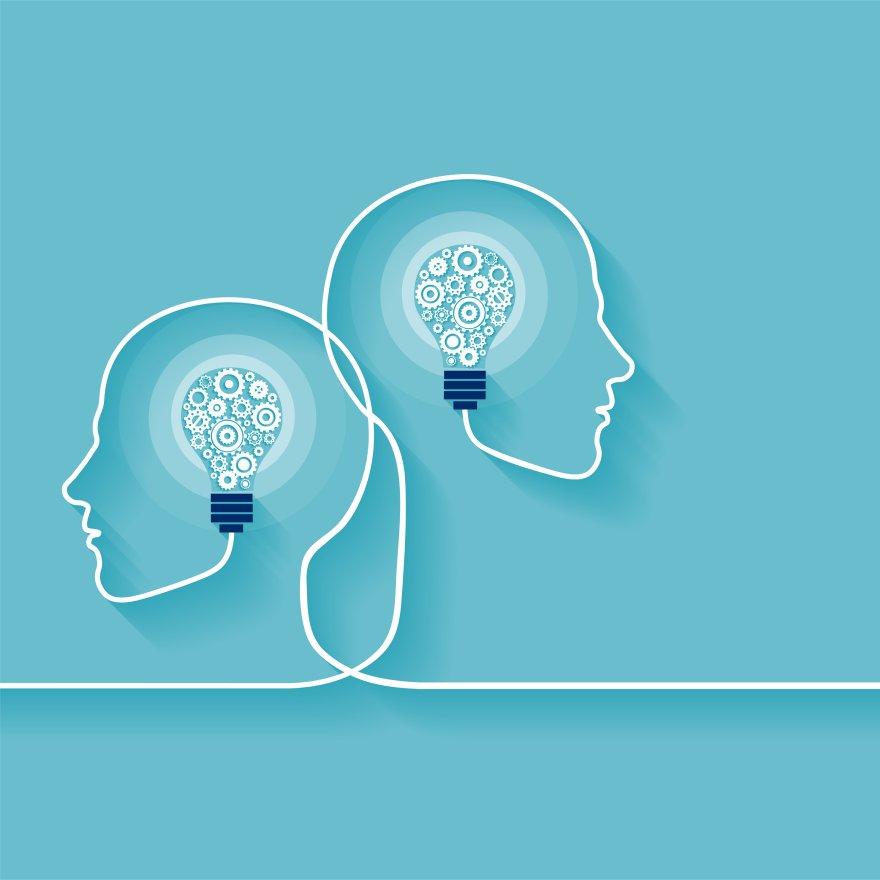
-
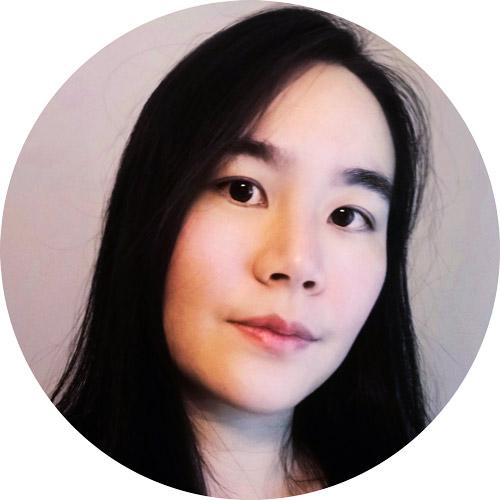 Melissa MiaoPhD student and speech pathologist
Melissa MiaoPhD student and speech pathologist


